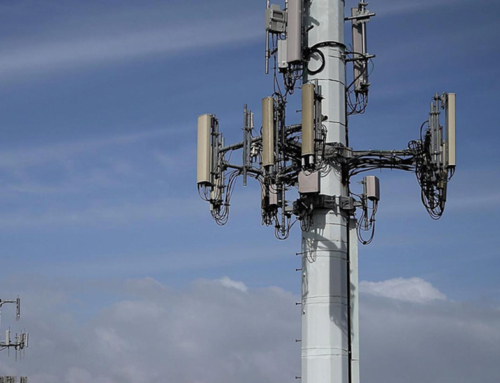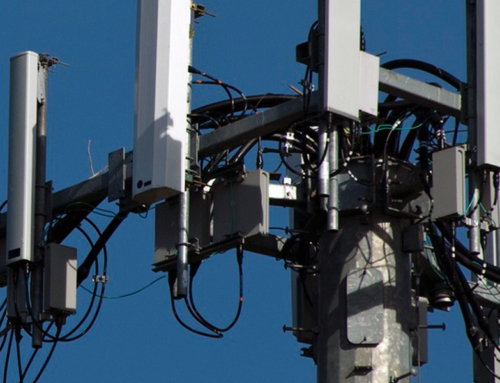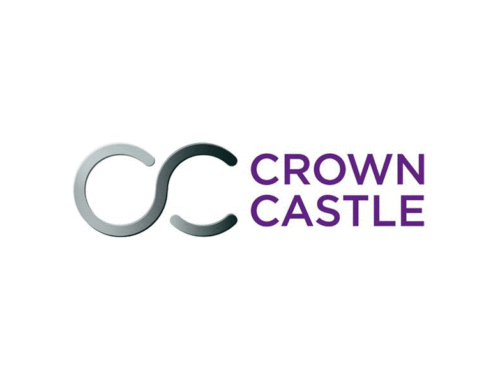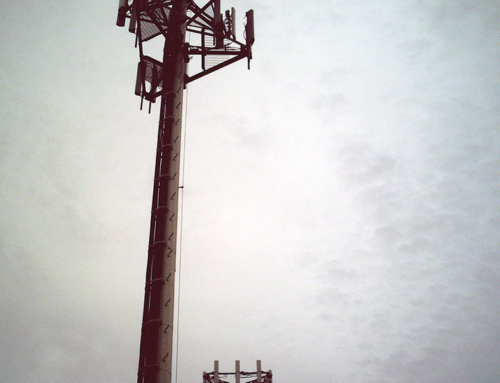The Internet has changed how we seek and receive information, and there is no shortage of advice at your fingertips—whether it’s about business, relationships, parenting, what vacuum you should buy, or what restaurant you should try. These days anyone with a laptop and twenty bucks can put up a website, and a simple Google search will deliver scores of self-proclaimed “experts” who are ready and willing to offer their guidance. The wireless industry is no exception.
What makes a true expert?
Knowledge is clearly an essential quality of expertise, but it’s only one of several crucial factors.
Knowledge
Expertise requires an immense and profound working knowledge of a subject. A lot of information is internalized, but knowing where and how to find it is likewise important. An expert is adept at identifying resources and understands how and when to call upon them.
Experience
An expert must have significant experience in applying knowledge. Application marks the difference between study and practice, and it can make all the difference when it comes to problem-solving. Experts adopt a contextual approach to problem-solving, summoning previous experience and an intuitive grasp of situations based on deep tacit understanding. Experience allows an expert to anticipate issues and avert them. However, when a hurdle is unavoidable, experience provides the confidence to respond appropriately.
Communication
Without the ability to effectively communicate, expertise is practically worthless. You may be the smartest person in the world about a particular subject, but that knowledge is useless unless you can relay what you know to others in a way others can understand and appreciate.
Connectedness
Expertise is social. Savvy experts are connected to a network of other experts who exchange ideas and approaches to problems. They are also surrounded by a wider circle that connects them to those who need their expertise. A top-notch expert understands the value of social connection and does right by those he interacts with, making him not only respected in the field, but also respected as a person.
Curiosity
Experts tend to be innately curious, and this attribute naturally bleeds into their area of expertise. They recognize their own limitations and are constantly seeking new answers, fresh approaches, and improved outcomes. They are perpetual students who realize there is no point at which their education is complete.
How to identify an expert
It can be difficult to differentiate between an actual expert and someone who is a skillful salesman. Here are a few key things to look for:
Authenticity
A real expert doesn’t need to swindle anyone into utilizing their services, and chances are they won’t try to sell you too hard on them either. When you interact, check in with your gut. If the person’s integrity or motives give you pause, it may be for good reason.
Openness
If someone is opposed to explaining to you what they are doing and why, it’s a red flag. You may think expertise speaks for itself, but true experts are willing (and often delighted) to help others understand their thought processes.
Clarity
Every field has its jargon and complexities, but a good expert communicates what you need to know in way you can comprehend.
Commitment
Experts are enthusiastic about and dedicated to the work they do. Look for someone who exhibits a serious commitment to their field and their clients. At the end of the day, you want to work with those who are devoted to creating a successful partnership with a successful outcome. The right expert will make it clear in every interaction that you are a priority.
If you are seeking guidance regarding your wireless asset, let The Filo Group demonstrate how true expertise is put into practice for your maximum benefit. Our extensive knowledge and experience is matched by clear communication, transparency at every turn, and a sincere commitment to our clients and their satisfaction. Contact us today for a free consultation.








